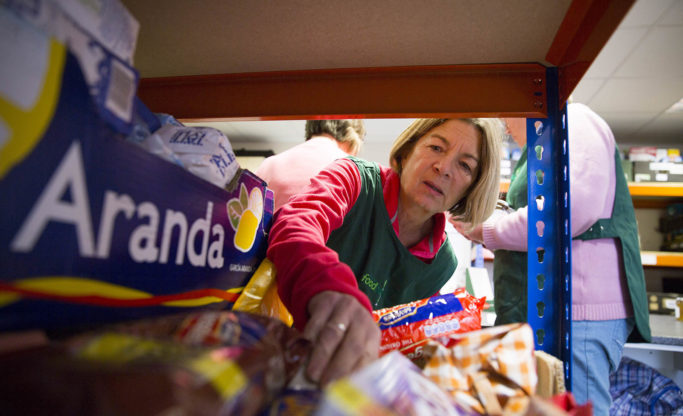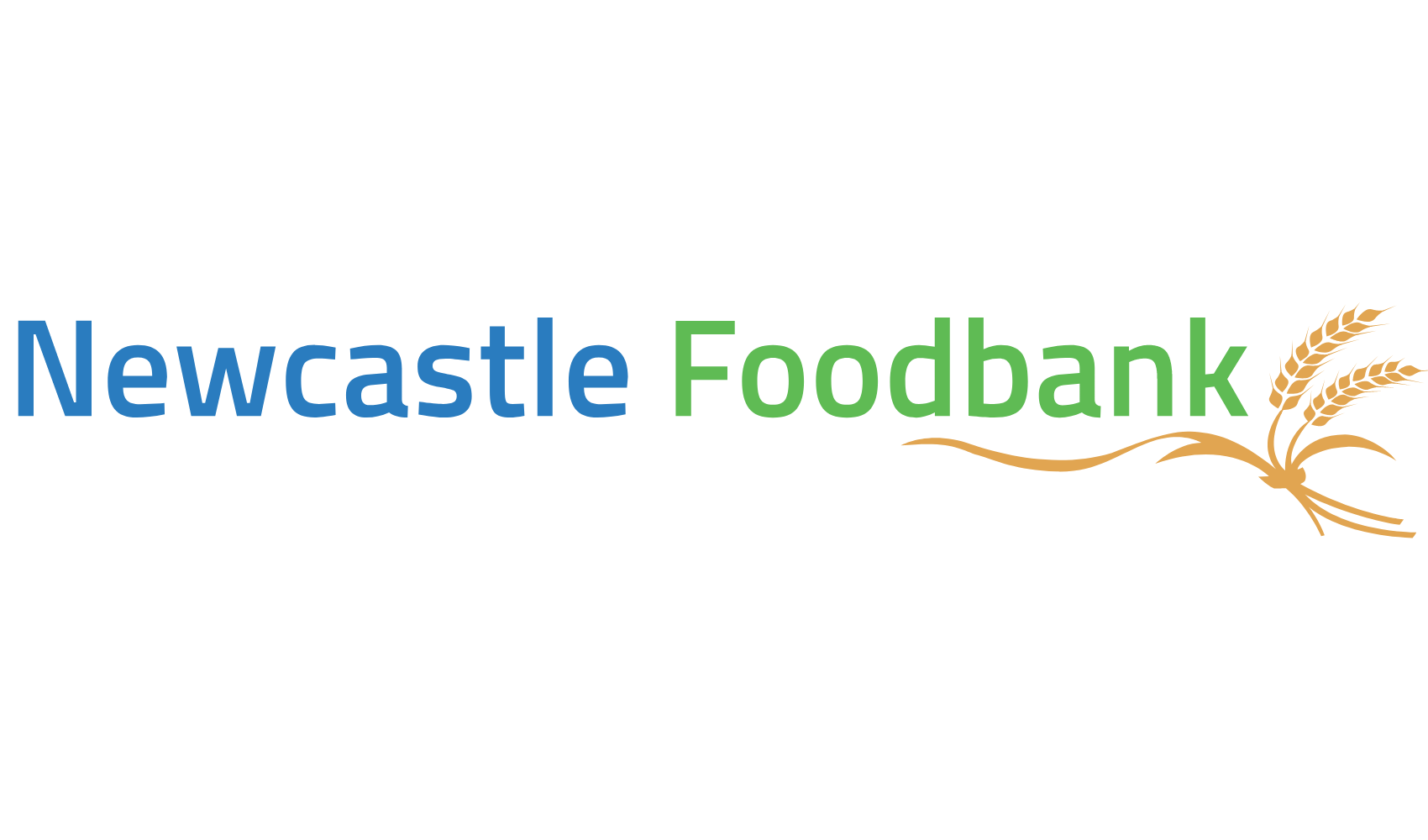
Summer means holidays for some – yet demand for food among those not so lucky rises, with children at home and more mouths to feed. That puts more pressure on Newcastle West End Food Bank, one of the busiest in the country.
Here’s why. Donations fall in the summer at a time when more vulnerable people, either jobless or on poverty pay, are seeking our help. Put simply, demand for our services does not always meet the supply of food donated, in spite of monumental efforts from generous individual donors, companies in the food sector, and many others. We’re immensely grateful to you all.
The facts are stark:
In the last financial year (2018-19) we distributed 13,109 food parcels at our two centres to individuals, couples and families, feeding 38,031 people. That amounts to 137 tonnes of food, valued at £240,000. About two thirds of our food is collected locally, while the remainder comes from further afield.
Our kitchen, at our Benwell Lane centre, provided 9,400 hot meals, with a value of £3 per head. That comes to £28,000. Nationally, the Trussell Trust, a campaigning charity to which we’re affiliated, delivered 1.6 million three-day emergency food supplies to people in crisis – more than half going to children. That’s a 19 per cent increase on the previous year. But the picture is undoubtedly much worse: hundreds of food banks operate independently outside the Trussell network.
Why the demand?
Part of the problem is the minimum five-week period claimants have to wait for their first payment of Universal Credit, which now accounts for half of all referrals to food banks nationally. That delay leaves hundreds of thousands hungry and penniless.
Desperate claimants can apply for an ‘advance payment’ loan to see them through the five-week period. But once Universal Credit begins, loan repayments are automatically deducted . The Departments for Work and Pensions (DWP) says these loans are ‘affordable’. But, in reality, they don’t take account of people’s ability to repay – so our food bank clients are caught between a rock and a hard place, with little cash and dependent on our help.
Another problem is a big jump in the number of people on poverty pay, often in insecure jobs, struggling to make ends meet. According to recent research*, the share of poverty accounted for by working households, has jumped from 37 per cent to 58% from 1994 to 2017.
“Against a challenging background, we are determined – through the help of our valuable and enthusiastic volunteers – to make a difference to the lives of our clients, working with others to improve their life chances,” says John McCorry, chief executive of Newcastle West End Food Bank.
“We strive to be the best in our determination to take people out of poverty – but, as ever, we are dependent on support from a wide variety of sources to fulfil our goals as demand for our services rises.”
Our aims, identified through strategic objectives, go beyond the provision of food parcels and practical support for people in crisis. We also want to:
- Be recognised as a model of excellence in helping take people, and families, out of poverty and into productive and fulfilling lives.
- Raise awareness of the nature, impact and prevalence of food poverty and its underlying causes.
- Influence and shape policy, and service delivery relating to the causes and alleviation of food poverty.
- Maintain the physical and financial stability of the West End Food Bank to achieve our objectives.


